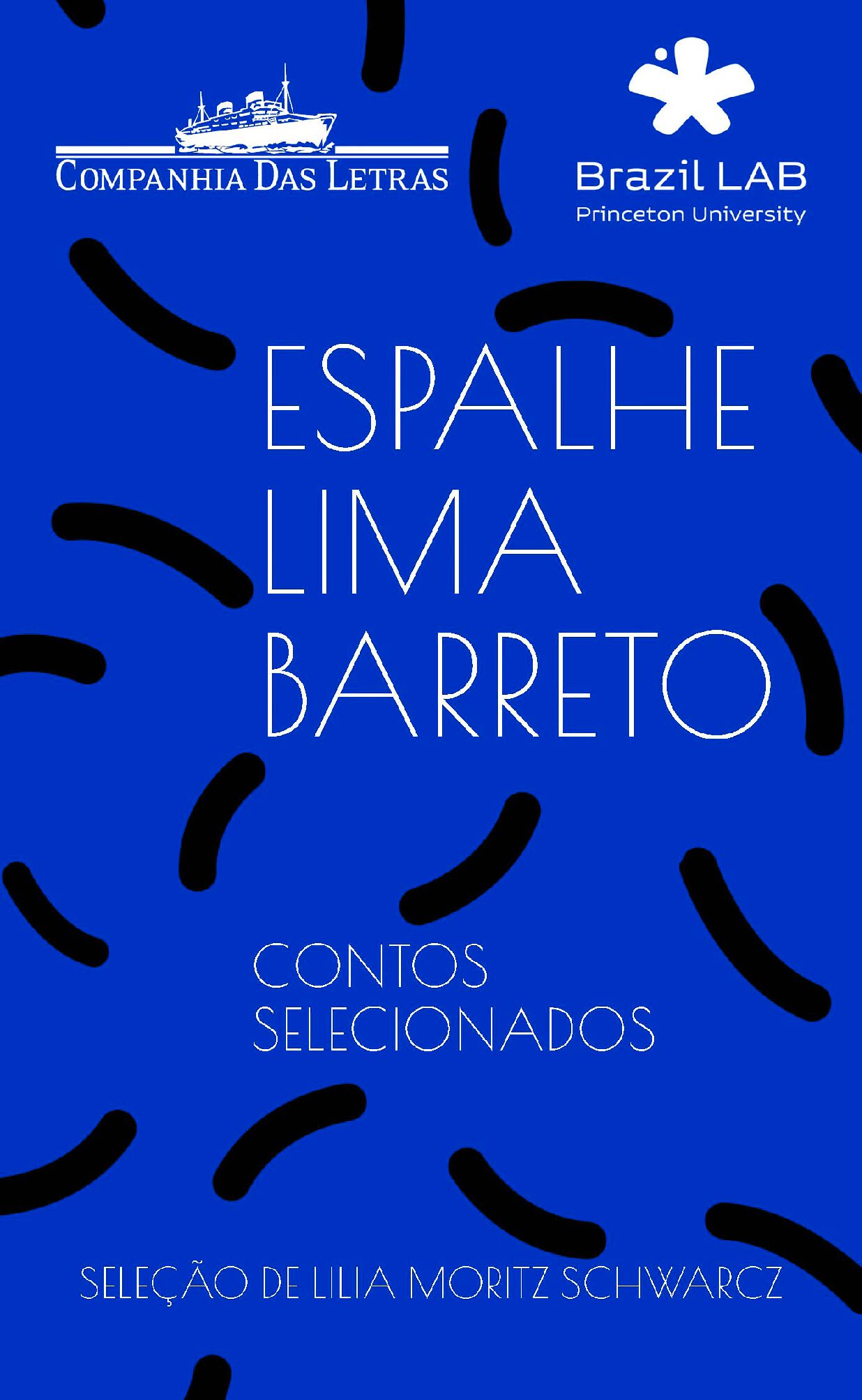Clara dos Anjos
The short story “Clara dos Anjos,” by Lima Barreto — read here by Djamila Ribeiro — was published in the first edition of Histórias e sonhos (Stories and Dreams) (1920, pp. 142-153). A fragment of the original manuscript can be found in the National Library of Brazil (Mss. I-06,34,0906). The story was one of the most revisited by the writer. Barreto makes an initial reference to the title character in his Diário íntimo (Intimate Diary), from the 1910s. The text was transformed into a novel in 1922 but published only later, posthumously, in 1948. Considered Barreto’s most suburban and female-centered novel, Clara dos Anjos portrays the author’s alter-ego — a young black woman, a dreamer from Rio de Janeiro — who ends up pregnant and abandoned.
Translated by Daniel Persia
The music began with a trio of flute, cavaquinho and guitar. Polka was the dance of choice, and almost everyone danced it with the sway of samba.
During a break, Joaquim made a request:
— Why don’t you sing, Seu Júlio?
— My voice really isn’t up to par, he replied.
Until then, he had taken part in the “collective” effort; and, strumming the strings of his guitar, his eyes never ceased to devour young Clara’s swaying hips, as she danced. Seeing as her father had invited the young man, she joined in encouraging him, too:
— Why don’t you sing, Seu Júlio? Everyone says you sing so well…
That “so well” was softly prolonged. The singer jumped in:
— Oh no, ma’am! Those are just the kind words of friends…
He fixed his part, with both hands, as Clara insisted:
— Go on, Seu Júlio! Sing!
— Well, if the lady insists, I’ll sing…
With great affection, he took hold of his guitar, strummed the strings and announced:
— Love and Dream.
And he began loudly, almost shouting, only to later drag his voice to a lower tone, full of sorrow and languor, hissing the s’s, loading the r’s with the song’s horrendous metaphors. It was, however, sincere; and even the song’s bizarre comparisons awoke, in the simple minds of the listeners, sweeping dreams, desires, yearnings and golden visions. It was over. The applause was enthusiastic, and it was only young Clara who didn’t applaud; having dreamt through the entire modinha, she was still enraptured even after it had come to an end…
Days later, Clara, happening to pass by the window—it was afternoon—unsurprised, as if she was expecting it, was greeted by the wounded singer. She saw no malice in it, and in fact said candidly to her mother:
— Mamma, do you know who came by?”
— Who?
— Seu Júlio.
— Which Júlio?
— The one who sang at daddy’s birthday party.
Life in that house, after Joaquim’s birthday festivities, brought more of the same. On Sundays, bisca games with Eleutério, the library assistant, and Augusto, the municipal guard, accompanied by sips of cachaça and guitar, in the afternoons. It wasn’t long before a new guest would join: it was Júlio Costa, the famous suburban modinha player, a close friend of Augusto’s, and his troubadour music teacher.
Júlio almost never stayed for dinner, as he always had invitations pulling him in all directions. He took part in the bisca games, playing on one of the teams, but drank very little. Though he never stayed long into the afternoon, he was able to close in on Clara, whose round, voluminous, perky breasts utterly fascinated him and excited his insatiable carnal gluttony. At first, they were only glances, which the young girl, with her big, damp black eyes, almost covering her entire sclera, returned stealthily and with fear; later, they turned into short phrases, compliments, exchanged in secret, until, one day, the fateful letter arrived…
She received it, tucked it into her breast and, upon going to bed, read it, by candlelight, fearful and palpitating. The letter was the most fantastic thing, in terms of its orthography and syntax, that one could imagine; it had, however, one virtue in particular: it was not copied from the Secretary of Lovers, it was original. The letter made Clara’s virgin nature tremble, and as she read it, she felt something new, something strange that she had never felt before. She slept poorly. She wasn’t quite sure what to do: whether to answer it, to return it. She saw her father’s stern look; her mother’s recriminations. She, nevertheless, had to get married. She couldn’t spend her entire life like that, a dog without an owner…Her parents were going to die one day, and she couldn’t be left in the world helpless…A doubt came over her: he was white; she, mulatto…

As part of the Hearing Lima project, Companhia das Letras has made available a free e-book with a selection of short stories by Lima Barreto, organized by Lilia M. Schwarcz. The stories are part of the book Contos completos (Complete Stories) by Lima Barreto, published in 2010.







